Research
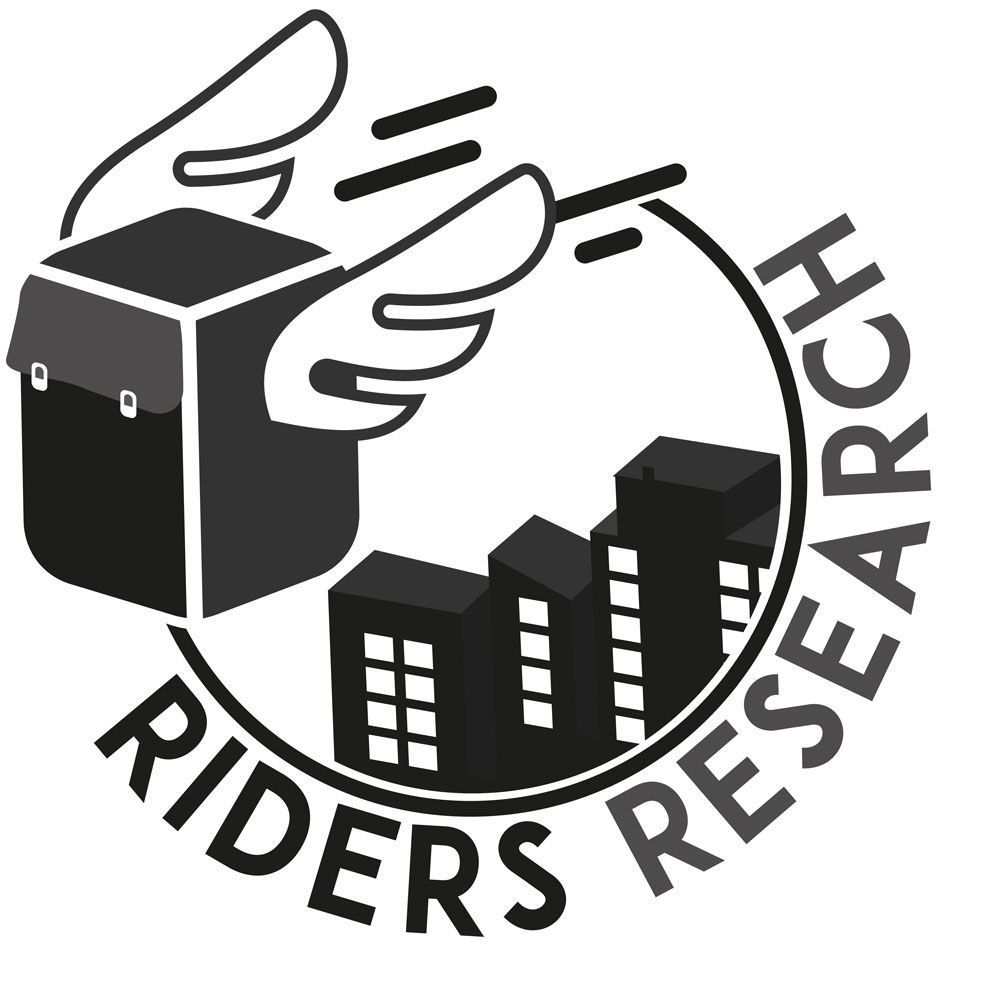
Emerging Cultures of Mobile Precarity in the Digital Gig Economy: A case study about the food delivery-sector in Spain
(Ministry of Science and Innovation of Spain, National Plan for Research, Development and Information (Ref. PID2020-115170RB-100),
funded with 120.000 euros.
Research team:
Maribel Casas-Cortés (IP), José Ángel Bergua, Paula González Granados, Juan Miguel Báez, David Pac, Ana Lucia Hernández Cordero, Jaime Minguijón, Cristina Monge, David Morales, Laura Moya, Miguel Montañes (Universidad de Zaragoza), Montse Cañedo, Diego Allin-Perkins (UNED), Carlos Diz, Eleder Piñeiro (Universidad de A Coruña), Amaia Prieto (Universidad Autónoma de Madrid), Pablo Sanz de Miguel y Juan Arasanz (Notus-Applied Research Center). Además, el proyecto cuenta con seis consultores internacionales especialistas en los campos transversales: Ida Russer (City University of New York), John Pickles, Don Nonini y Lawerene Grossberg (University of North Carolina at Chapel Hill), Nicholas de Genova (University of Houston at Texas) y Eduardo Chávez (Universidad de Buenos Aires).
National and international social scientists working on the cultural politics of late capitalism are joining this research project about the recent rise of platform food-delivery services in Spain. This sector has grown exponentially over the past few years, rocketing off during government shelter-in-place orders during the COVID pandemic. These couriers, self-denominated as riders, with large square back-packs stamped with colorful logos, and filled with restaurant food, cover the urban landscapes across Spain. These riders are jumping from one gig to another, through legally fuzzy short-term contracts with Uber Eats, Deliveroo, Just Eat and Glovo, the current leaders of the food delivery sector in Spain. The hiring and labor protocols, developed by these gig economy giants are challenging current legislation and causing institutional controversies that regularly make the news. Our research project suggests that this highly informalized sector is emblematic of recent socio-economic and cultural transformations. Thus, it is imperative to analyze in order to develop accurate understandings and well-needed policy proposals for public and private institutions.
Project's website riders.unizar.es
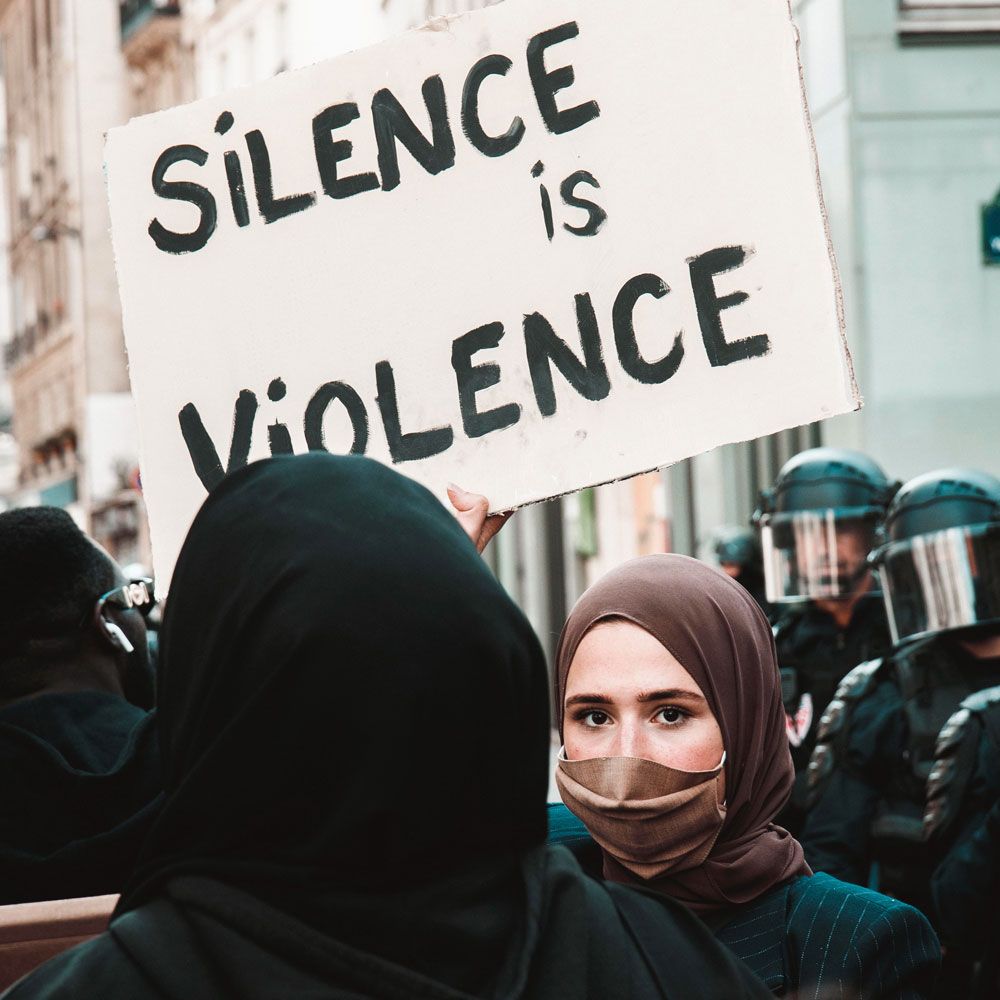
Study of social perception of immigration in Aragon and creation of radicalization processes and hate ideologies
(Goverment of Aragon, Ref. OTRI-2021/0209),
funded with 15.246 Euros.
Research team:
Jaime Minguijón and Maribel Casas-Cortés (PIs), Laura Moya, Amparo Gracia, Juan David Gómez-Quintero (UNIZAR) y Sebastian Cobarrubias (ARAID researcher)
ABOUT: This is a qualitative research project, whose theoretical framework is based on Multicultural Feminism and Critical Race Theory. This innovative perspective is applied to the empirical analyses conducted by the research team: a socio-demographic study, a sociological analysis of supremacist ideologies, and a discourse analysis of specific social media. Also, given its applied character, this project has reached a solid compilation of concrete proposals and policy recommendations for the regional government of Aragón, which is working towards a more efficient management of multi-origin diversity in the region.
Our research digs into collective processes such as the emergence and consolidation of systemic discrimination. Those discriminatory processes are normalized, and without generating controversies, they naturalize a series of discourses and practices of exclusion, segregation, contempt, and even abuse, from a given “we” towards a given “others”. These practices take place in everyday basis within institutional settings (laws, police and security forces, administration), as well as within the labor market, access to housing or educational experience. Therefore, our gaze identifies social tendencies unveiling socio-economic, political and cultural structures key to the hierarchization and segregation among populations. Those processes are not so apparent, but at times, rise to the surface as “hate speech.” Those discursive instances represent the tip of the large iceberg which constitutes systemic discrimination with concerning dimensions.
An approach exclusively focused on the discursive level will not be sufficient to address the iceberg of systemic discrimination. In order to navigate and surf the waters of a growing diverse society, it is imperative to recognize the presence os systemic discrimination and identify how it works. By putting structural racism at the center, is possible to reach proposals for public policy interventions to prevent or mitigate the impact of the systemic discrimination iceberg.
-
Casas-Cortés, M., Minguijón, J., Moya, L., Gracia, A., Gómez-Quintero J.D. y Cobarrubias, S. (2021): Estudio de percepción social de la inmigración en Aragón y creación de procesos de radicalización e ideologías de odio. Informe Final. Zaragoza, Gobierno de Aragón. Disponible en: https://www.aragon.es/ (cuando se sepa exactamente cuál es el enlace definitivo, se comunicará).
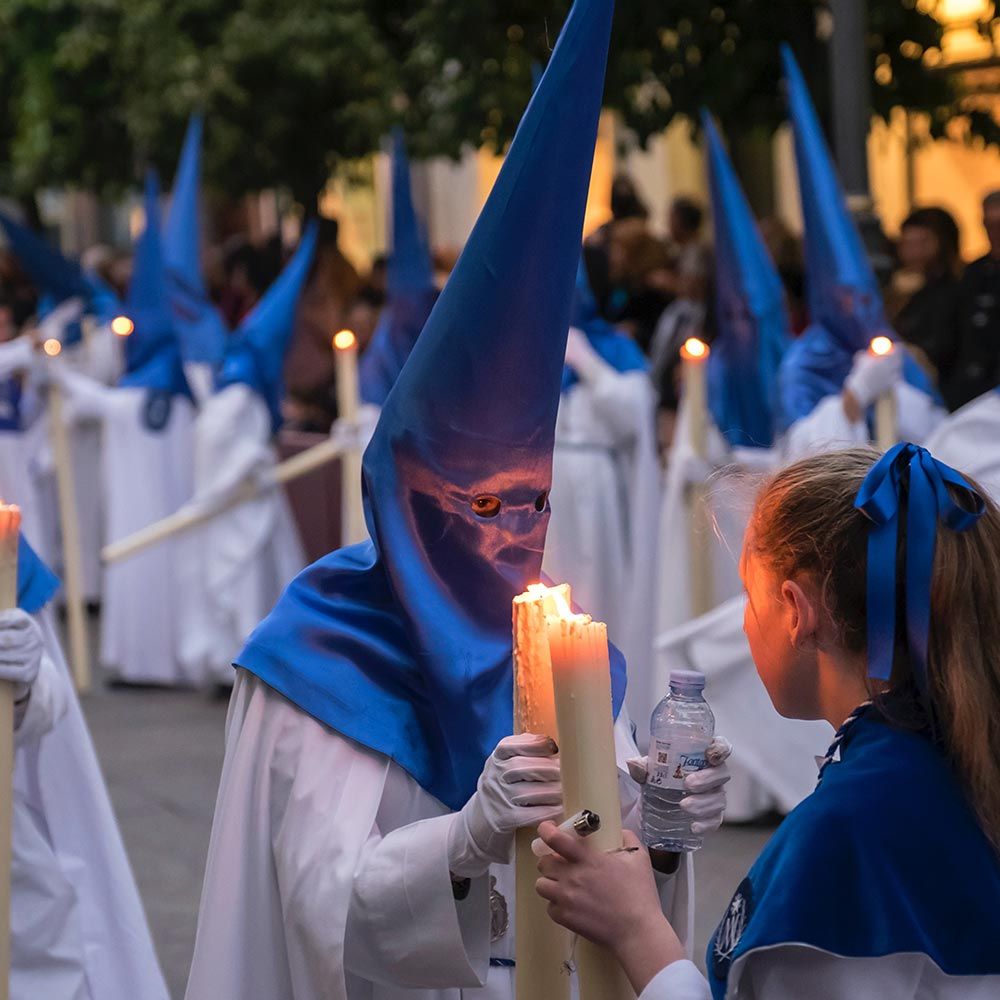
Preparation of the study of the economic impact of Holy Week
Zaragoza Tourism, Zaragoza City Council. Non-competitive project.
Research team:
Iván López Pardo, Raquel Langarita Tejero, Tatiana Iñiguez Berrozpe, María Pilar Latorre Martínez, Juan Miguel Báez Melián (IP), David Pac Salas, José Ángel Bergua Amores.
The objective of the project is to analyze the economic impact of Holy Week tourism in the city of Zaragoza.

Agreement on impact and tourism issues
Zaragoza Tourism, Zaragoza City Council. Non-competitive project.
Research team:
Iván López Pardo (IP), Jaime Minguijón Pablo, José Ángel Bergua Amores, María Pilar Latorre Martínez, Raquel Langarita Tejero, Miguel Ángel Marco Fondevila, David Pac Salas.
The project's objectives are:
- Analysis of tourism in the city of Zaragoza from the data provided by secondary sources of information
- Assessment of the information collection instruments to obtain relevant data
- Development of new tools for obtaining tourist information that provide data necessary for decision-making,
- Drafting of results and conclusions report.
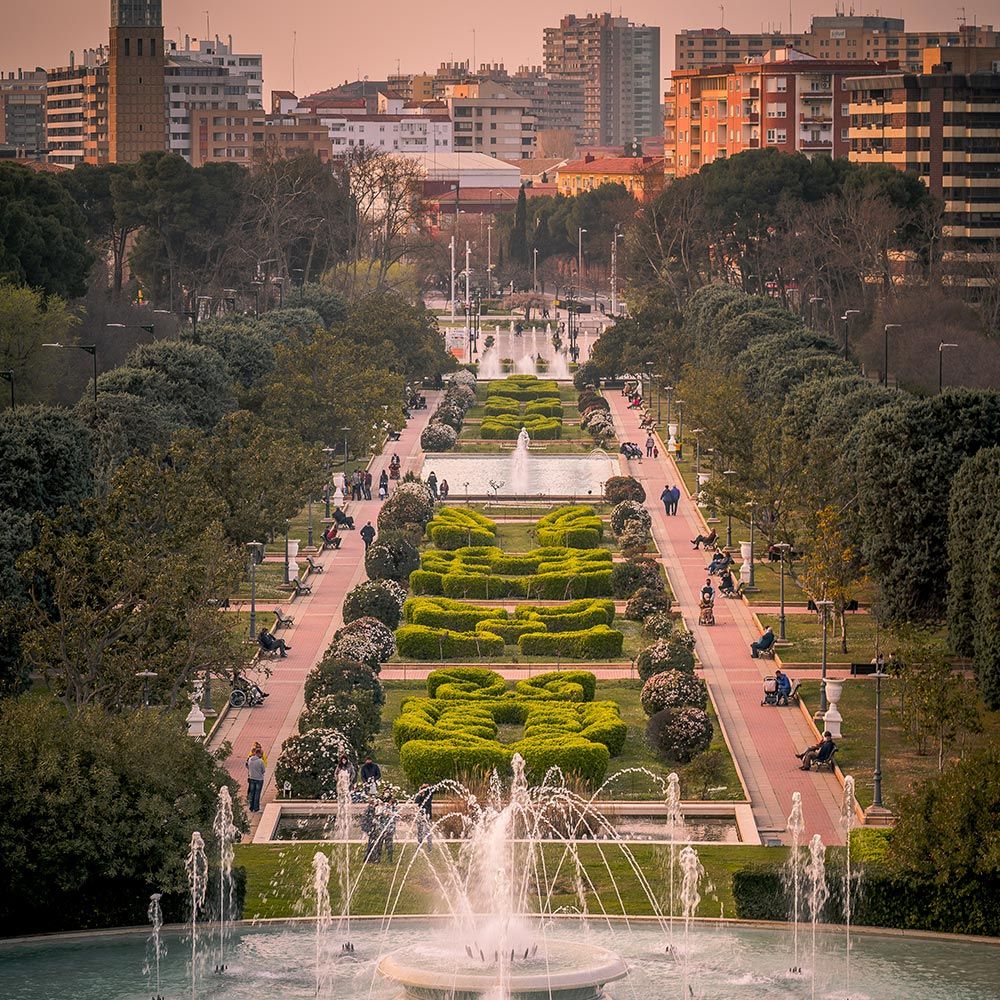
Regulatory agreement of the nominative subsidy intended to promote and support research activity on tourism in the city of Zaragoza
Zaragoza Tourism, Zaragoza City Council. Non-competitive project.
Research team:
Raquel Langarita Tejero, David Pac Salas, José Ángel Bergua Amores, Tatiana Iñiguez Berrozpe, María Pilar Latorre Martínez, Iván López Pardo (IP), Juan Miguel Báez Melián.
The project's objectives are:
- Analysis of tourism in the city of Zaragoza from the data provided by secondary sources of information
- Assessment of the information collection instruments to obtain relevant data
- Development of new tools for obtaining tourist information that provide data necessary for decision-making,
- Drafting of results and conclusions report.

Report on Tourism in Zaragoza 2017
Zaragoza Tourism, Zaragoza City Council. Non-competitive project.
Research team:
Iván López Pardo, David Pac Salas (IP), Juan Miguel Báez Melián, José Ángel Bergua Amores, María Pilar Latorre Martínez, Tatiana Iñiguez Berrozpe.
The project's objectives are:
- Analysis of tourism in the city of Zaragoza from the data provided by secondary sources of information
- Assessment of the information collection instruments to obtain relevant data
- Development of new tools for obtaining tourist information that provide data necessary for decision-making,
- Drafting of results and conclusions report.
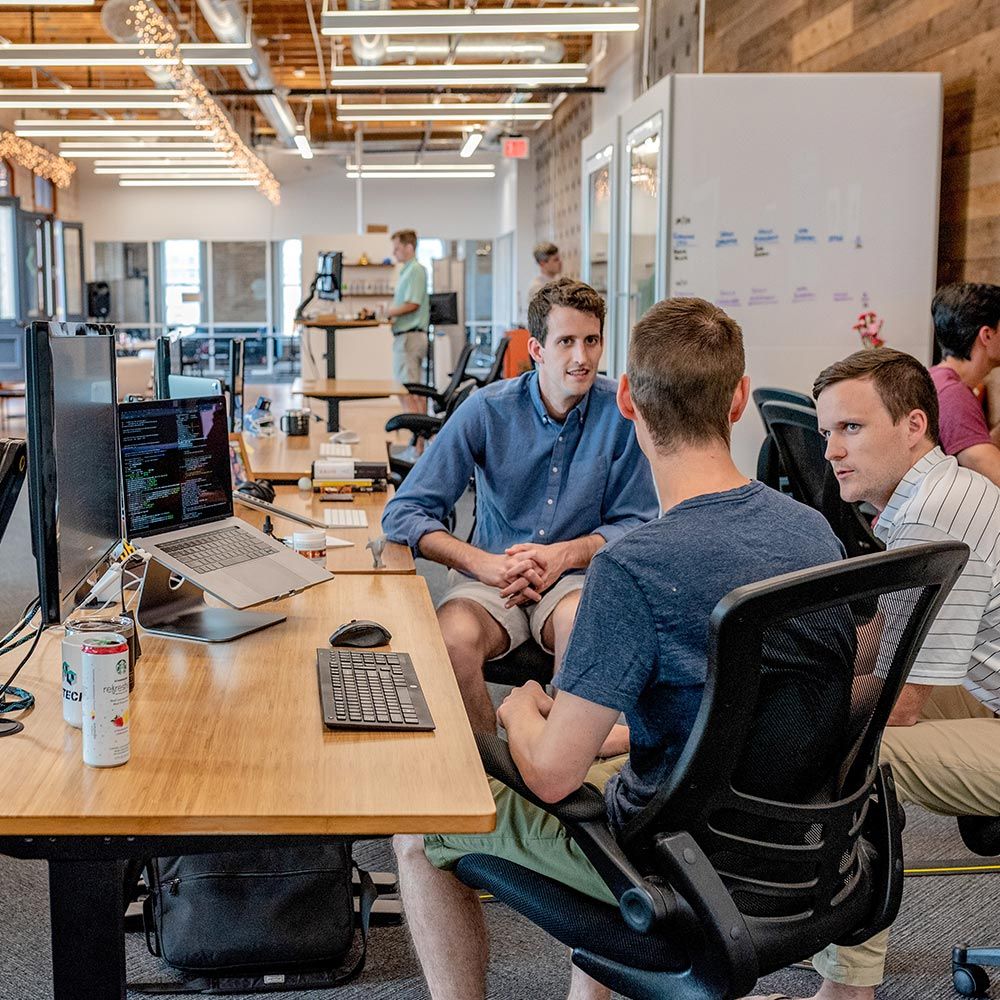
Creative classes in Spain: composition, training and creativity
(Ministry of Science and innovation, Ref. CSO2010-17139),
funded by 24,500 euros.
Research team:
José Angel Bergua (PR), Juan Miguel Báez, David Pac, Cecilia Serrano, Daniel H. Cabrera, Enrique Carretero (University of Santiago) and Juan Luis Pintos (University of Santiago)
Since Richard Florida presented his work (The Rise of Creative Class) in 2002, the notion of Creative Class has become very popular in the social sciences and has stimulated countless investigations. The research we conducted was intended to contribute to this effort from two points of view. On the one hand, in ethical terms, we tried to observe the importance and weight of the so-called “creative economy” in Spain based on a few macroeconomic indicators. We also analyze the composition of creative socio-professional groups in the Spanish social structure. This allowed us to see the structural features that creativity adds to a post-industrial social structure. On the other hand, in emic terms, we try to analyze the creative process that professionals framed in such groups lead to change. For this we will carry out 14 life stories of characters that represented the peculiarities of the creative class in Spain. Our intention here was to observe how family, cultural, social, and creative capitals are combined in the training of these professionals. Finally, we also observed in vivo the creative way of working in 4 intentionally selected centers where the presence of these professionals was important. In this case, our objective was to use the notion of the imaginary to analyze this process. Finally, we held 4 discussion groups to analyze the rationalizations that creatives made of creativity and the role that the imaginary had in it
- Bergua, J. A. (dir.), Carretero, E., Báez, J. M. y Pac, D. (2016): Creatividad. Números e Imaginarios. Madrid, CIS. Reseñas de: Miguel Angel Castro Nogueira en la Revista Española de Investigaciones Sociológicas, 160, pp. 151-168 (2017), José Francisco Durán Vázquez en RIPS, vol. 16, nº 1, pp. 262-264, (2017), Javier Diz Casal en Imagonautas, núm 10, pp. 145-146 (2017) y de Javier Gallego en Athenea Digital, 17(3), pp. 273-277 (2018)
- Báez, J. M., Bergua, J. A., y Pac, D. (2014): “The creative class and the creative economy in Spain”, Creativity Research Journal, 26(4), pp. 418-426
DOI: 10.1080/10400419.2014.961769 - Serrano, C. Y Bergua, J. A. (2015 “Los procesos creativos. El caso de un centro de diseño web”, Gráfica, vol. 3, núm 5, pp. 13-27
DOI: 10.5565/rev/grafica.22 - Bergua, J. A. (2015): “Creatividad. Mucho más allá de las clases y de la economía”, Lavboratorio, Revista de Estudios sobre cambio estructural y desigualdad social, 26
- Bergua, J. A., Pac, J. M. Báez y Serrano, C. (2016): “La clase creativa. Una aproximación a la realidad española”, Revista Internacional de Sociología, vol. 74 (2) e032
DOI: http://dx.doi.org/10.3989/ ris.2016.74.2.032 - Bergua, J. A., Carretero, E., Pac, D., Báez, J. M. Y Serrano, C. (2017): “Creatividad, tolerancia, heterogeneidad e imaginario”, Lavboratorio, Revista de Estudios sobre cambio estructural y desigualdad social, 27
- Bergua, J. A. (2017): “Trabajo y ocio en las vidas de los profesionales creativos”, Revista Internacional de Organizaciones, núm 19, pp. 19-54.
DOI: https://doi.org/10.17345/rio19.29-54